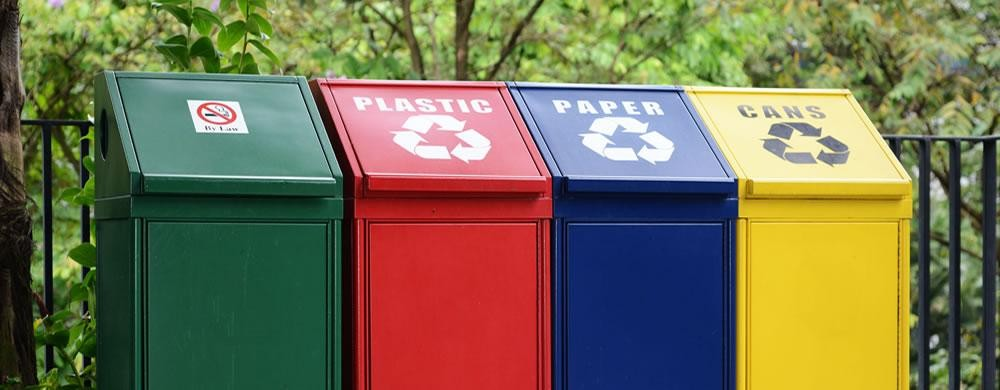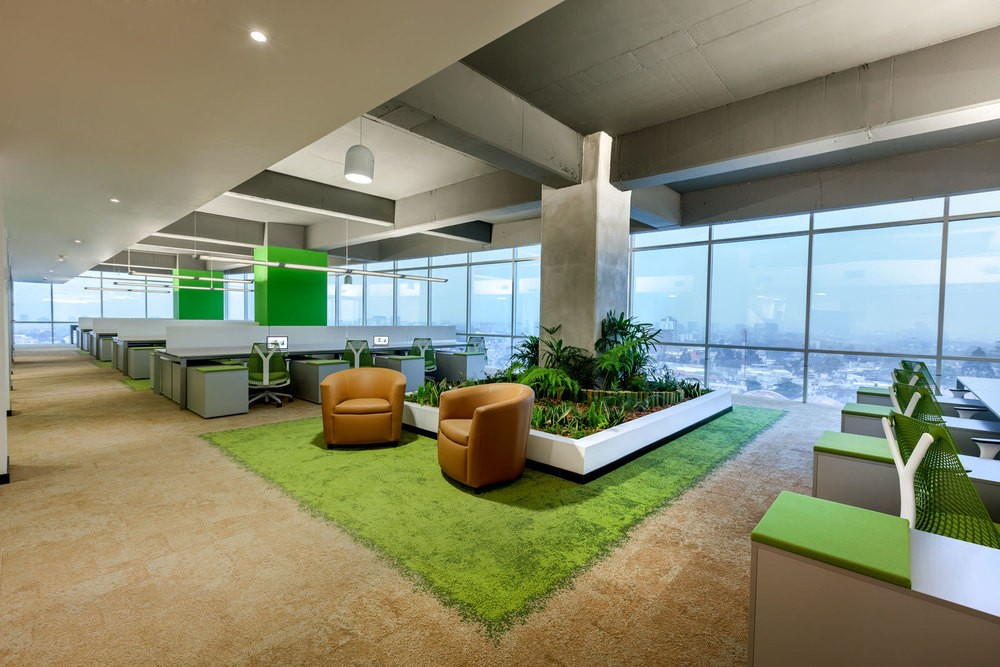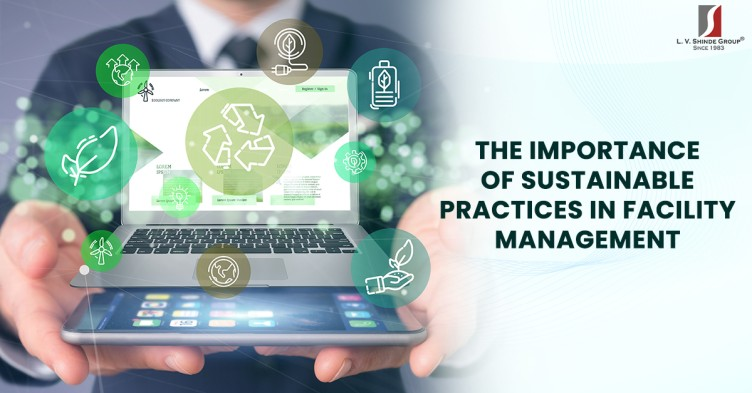The Importance of Sustainable Practices in Facility Management
In today’s world, sustainability has become a paramount concern across various industries. Facility management, in particular, plays a crucial role in adopting and implementing sustainable practices. Sustainable facility management not only promotes environmental responsibility but also offers numerous benefits for businesses, including cost savings, enhanced efficiency, and improved reputation. In this blog, we will explore the significance of sustainable practices in facility management and discuss some of the best practices that organizations can adopt to optimize their facilities while prioritizing sustainability.
What is Sustainability in Facility Management?
Sustainability in facility management encompasses a holistic approach that focuses on minimizing environmental impact, conserving resources, and ensuring long-term viability. It involves integrating sustainable practices into various aspects of facility operations, including energy management, waste reduction, water conservation, and occupant health and well-being. By considering the entire lifecycle of a facility, from design and construction to operation and maintenance, sustainable facility management aims to create and maintain environmentally responsible and efficient spaces.
Why Are Sustainable Practices in Facility Management Important?
Sustainable practices in facility management hold significant importance for several reasons. Firstly, they help organizations meet their environmental goals and reduce their carbon footprint. By implementing energy-efficient systems, optimizing resource utilization, and embracing renewable energy sources, facilities can contribute to mitigating climate change and promoting a greener future.
Secondly, sustainable practices in facility management lead to cost savings and improved efficiency. Energy-efficient systems reduce utility expenses, while waste reduction and recycling efforts minimize disposal costs. By optimizing resource allocation and streamlining processes, organizations can enhance operational efficiency and reduce overall expenses.
Furthermore, embracing sustainable practices in facility management can enhance an organization’s reputation and stakeholder satisfaction. As sustainability becomes increasingly important to customers, employees, and investors, organizations that prioritize sustainable practices demonstrate their commitment to environmental responsibility, attracting and retaining stakeholders who align with their values.
The Best Sustainable Practices for Facility Management
Energy Management and Efficiency:
Implementing energy management systems, such as smart building technologies and efficient lighting systems, can significantly reduce energy consumption. By monitoring and optimizing energy usage through data-driven insights, facilities can identify areas for improvement and implement energy-saving measures. This includes installing motion sensors, utilizing natural lighting, and employing energy-efficient HVAC systems.

Energy Management
Water Conservation:
Water scarcity is a global concern, and facilities can contribute to water conservation efforts by implementing water-efficient fixtures, such as low-flow faucets and toilets. Additionally, facilities can employ leak detection systems to identify and address water leaks promptly. Promoting responsible water usage among occupants through awareness campaigns and education further supports water conservation goals.

Water Conservation
Waste Management and Recycling:
Embracing comprehensive waste management programs that include source segregation, recycling initiatives, and composting systems can divert a significant amount of waste from landfills. Facilities can promote recycling by placing recycling bins throughout the premises and educating occupants about proper waste disposal practices. Partnering with waste management providers who prioritize recycling, and sustainable disposal methods ensures efficient collection, transportation, and disposal of waste.

Waste Management
Indoor Environmental Quality:
Prioritizing occupant health and well-being is crucial in sustainable facility management. Facilities can achieve this by implementing proper ventilation systems that ensure a constant supply of fresh air. Regular air quality monitoring, including the control of pollutants and maintaining humidity levels, contributes to a healthier indoor environment. Using eco-friendly materials and promoting natural lighting can further enhance occupant comfort and well-being.

Indoor Environmental Quality
Sustainable Procurement:
Adopting sustainable procurement practices involves sourcing eco-friendly and socially responsible products and services. Facilities can prioritize suppliers who adhere to sustainable practices, certifications, and standards. This includes procuring energy-efficient appliances, green cleaning products, and sustainable construction materials. By choosing sustainable suppliers, facilities contribute to a more sustainable supply chain and promote the adoption of environmentally friendly practices across industries.
Green Building Certifications:
Facilities can strive to obtain green building certifications, such as LEED (Leadership in Energy and Environmental Design) or BREEAM (Building Research Establishment Environmental Assessment Method). These certifications recognize buildings that meet specific sustainability criteria, including energy efficiency, water conservation, and indoor environmental quality. Achieving these certifications not only validates a facility’s commitment to sustainability but also provides a framework for continuous improvement.
Incorporating sustainable practices into facility management is no longer an option but a necessity in today’s world. By embracing sustainable practices such as energy management, water conservation, waste management, indoor environmental quality, sustainable procurement, and green building certifications, organizations can unlock numerous benefits. From cost savings and enhanced operational efficiency to environmental stewardship and improved reputation, sustainable facility management paves the way for a brighter and more sustainable future.
Sustainably optimizing your facility requires a dedicated partner who understands the intricacies of sustainable facility management.
Supreme Facility Management (SFM) is committed to providing tailored solutions that align with your sustainability goals. By leveraging its expertise and comprehensive approach, SFM can help you achieve your operational and sustainability objectives, ensuring a greener and more efficient facility. operational and sustainability objectives, ensuring a greener and more efficient facility.
LinkedIn Link


